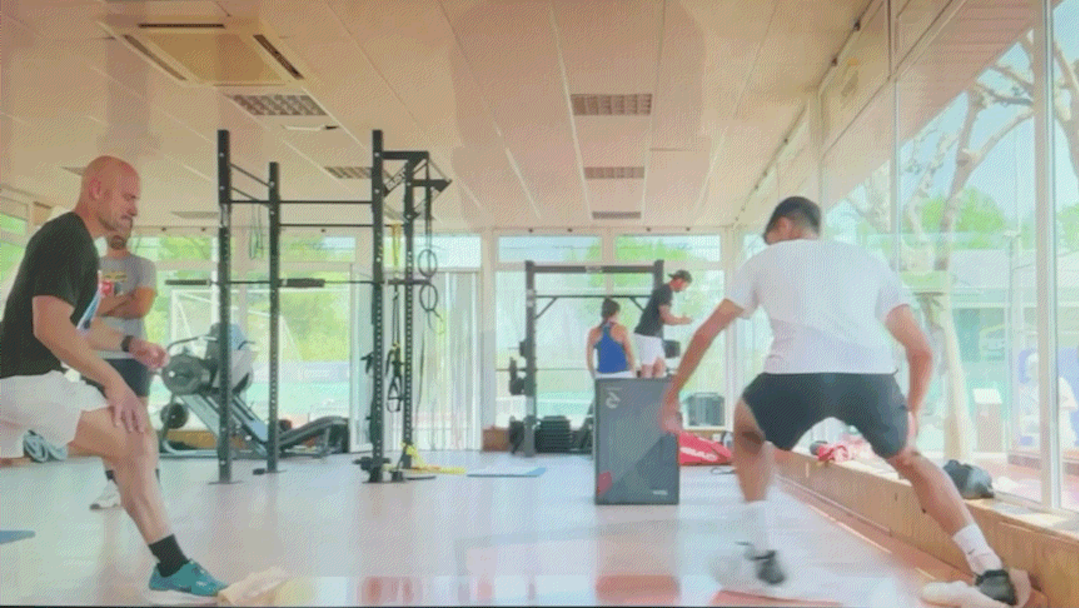Tennis is a game of consistency. A recent paper published by Frontiers in Psychology revealed that consistency of sleep has a measurable impact on racquet sports performance. Contrary to previous research, the duration didn’t make much of a difference. However, consistency in the daily amount of sleep did. That means that it is more important to maintain a consistent sleep schedule than it is to achieve a duration threshold.
The study was performed on collegiate soft tennis players at Hokkaido University in Japan. The participants in the study maintained a sleep diary for 50 days in which they self-reported sleep start and end times as well as qualitative aspects of their slumber. Athletic performance was determined via a service and baseline stroke accuracy test as well as a spider run test.
Previous research has demonstrated a correlation between sleep duration and athletic performance in many other sports. Consequently, it is a surprise that this study did not reveal a connection between sleep duration and physical performance. However, the consistency of the amount of sleep exhibited an effect, particularly on service performance.
Sleep is clearly important for athletic performance. This study indicates that general recommendations for longer sleep durations may not be a direct driver of improved performance. Rather, athletes who maintain consistent sleep patterns fare better than those who sleep more, but on inconsistent schedules.
In other words, establishing a normal bedtime and wake up time may improve your on-court tennis performance. It couldn’t possibly hurt.
- The Relationships of Sleep Duration and Inconsistency With the Athletic Performance of Collegiate Soft Tennis Players, Tianfan Hang et al, Frontiers in Psychology, 24 March 2022.



